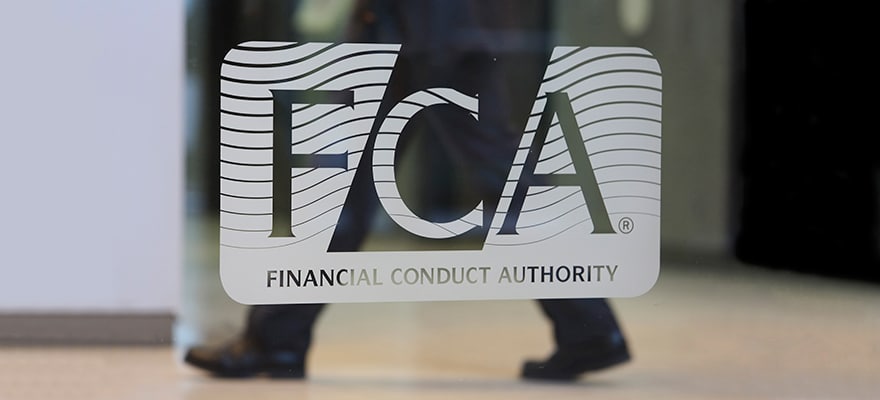The Financial Conduct Authority (FCA) ) announced on Thursday that it is consulting on allowing the temporary use of some yen and sterling-denominated LIBOR interest rates.
The proposal came after the regulator earlier said that it will cease all pound sterling, euro, Swiss franc, Japanese yen as well as the one-week and two-month US dollar settings Libor panels after the end of 2021. However, it allowed the rest of the US dollar setting to be used till June end, 2023.
Now, the FCA is proposing the extension of the yen and sterling-denominated settings to avoid disruptions to contracts that cannot be quickly moved to alternative rates in time. But, it wants the extended LIBOR rates to be ‘synthetic’, meaning an alternative rate has been adopted in some form.
It proposes that the synthetic LIBOR be calculated using a forward-looking term version of the relevant risk-free rate: SONIA for sterling and TONA for yen.
“We would consult on using our new powers under the BMR to require the more widely used 1-month, 3-month and 6-month sterling, and Japanese yen LIBOR settings to be determined under a changed methodology (ie on a ‘synthetic’ basis) after end-2021,” the FCA stated.
“For the 3 Japanese yen LIBOR settings, based on information currently available to us, we intend to compel their publication for 1 year only until end-2022, after which they will cease.”
The Necessary Move
After the FCA’s earlier decision in March, regulators around the world started to push alternate rates for smooth transitioning from the controversial LIBOR. Regulators across the United States and Australia have welcomed the FCA’s decision to scrape LIBOR and pushed for alternative benchmarks.
“We remind market participants that any synthetic Libor will be time-limited and is intended as a safety net only for contracts that cannot transition,” FCA stressed. “We encourage market participants to continue active transition away from Libor wherever practicable and in line with relevant industry milestones, and not to delay their plans by waiting for a potential ‘synthetic’ solution.”

















